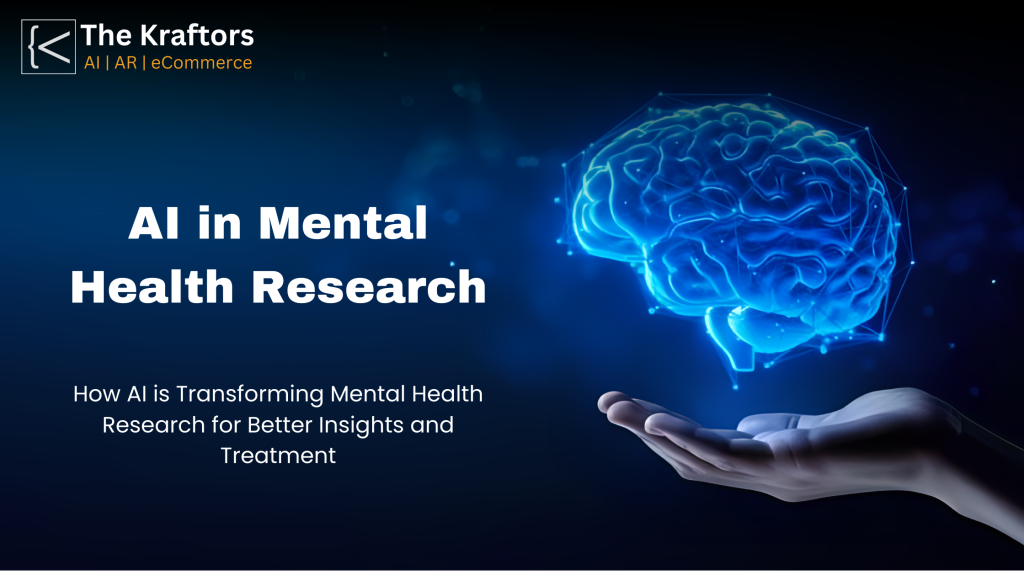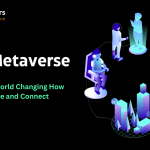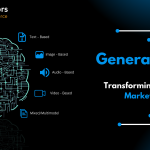Introduction
The World Health Organization defined AI opportunities and the issues surrounding mental health research with the help of deep learning. Everybody knows that the use of AI in mental health care can help with diagnosis, treatment, and constant monitoring of patient’s state. In this blog, we will talk about a number of areas of artificial intelligence that are already being used in mental health.
Applications of AI in Mental Health Research
With the increasing application of AI in mental health research, patient care outcomes are enhanced. Moreover, this simultaneously increases timely access to mental health care. Here’s a closer look at how AI is being applied:
1. Early Detection and Diagnosis
There is a great promise for AI technologies to early detect and diagnose mental health conditions and, therefore, intervene on time.
Suicide Prevention: A study of the Vanderbilt University Medical Center for suicide attempts used an algorithm called a ‘machine learning’ model that accurately predicted suicide attempts with 80 percent certainty. This enables the clinicians to advice and treat the patient before an acute situation happens.
Depression Diagnosis: In 2023, the Nature Medicine published a study, in which the AI in analyzing speech revealed satisfactory sensitivity for detecting people with depression that was 85 percent.
2. Personalized Treatment Plans
Stanford University scientists employed AI in identifying the likelihood of the best antidepressant for the patient, achieving a accuracy that was 70%. It is also being used, moreover, for creating the unique account for the Child with schizophrenia. Consequently, this ultimately improves the medicine and therapy.
3. Mental Health Monitoring
Smart wearables with AI interfaced, can effectively track stead states associated with mental health complications.
AI-Powered Wearables: Smart gadgets including Fitbit, the Apple Watch are incorporating waves of Artificial intelligence to help the wearer detects heart rate, level of activity and even sleep. That if abnormal may point out to a mental breakdown such as anxiety or even depression. In studies, these devices were able to detect with a 78% accuracy degree mental health stressors based on biometrics.
4. Therapeutic Chatbots
For mental health therapeutic chatbots as an accessible intervention have risen the popularity when used in parallel or driven by AI.
Woebot & Wysa: These are AI-powered chatbots who conduct more than a million interactions on a weekly basis to assist users in coping with anxiety and stress using cognitive behavior therapy (CBT). In other clinical trials, therefore, it was found that use of Woebot could reduce anxiety symptoms by 24% in two weeks.
5. Predictive Analytics
Artificial intelligence-based tools are being used, for example, in an effort to predict the development of mental health disorders, therefore patients can start treatment early.
Cambridge University created an early alarm system for Alzheimer’s disease using an AI tool that is 80% effective. The NHS employed artificial intelligence to predict mental health relapses and the algorithm was 82% accurate. Both applications, in detail, illustrate how AI can be applied for early detection. Furthermore, they also demonstrate its role in improving a patient’s prognosis. These advancements put strong emphasis on the integration of AI in the health care systems.
Challenges in Implementing AI for Mental Health
Each application vividly demonstrates the possibility of using AI for early diagnosis and enhancing the outcome for patients. These advancements put strong emphasis on the integration of AI in the health care systems.
1. Ethical Concerns
There are several questions that AI in mental health treatment has brought up among them being privacy and protection of the patient’s details. In a survey done by WHO on 2022 shows customers of these apps. That are AI based for the health check have anxiety issues linked to data privacy on 60 percent. This stresses the need of robust policies in data protection, including user trust to ensure that the data of individuals is well kept.
2. Bias in AI Models
AI systems are built based on data, and thus, they get affected by its quality. Moreover, using biased data results in biased outputs. A study conducted by the MIT discovered that the AI mental health model had up to 74% bias due to dataset imbalance. This can result in disparities in mental health diagnosis and treatment.
3. Accessibility and Equity
AI has the potential to improve mental health care access but low-income areas lag far behind high-income ones. The WHO has reported that only 20% of low-income countries have access to AI solutions. That can help in the management of mental health as compared to 85% of high-income countries. Closing this gap is, therefore, necessary to support mental health services the world over with the help of artificial intelligence.
4. Human-AI Collaboration
Regarding mental illness therapy, it cannot replace the emotions that human therapists express to their patients. Yet, it may bring value to human health. For example, research conducted in the United States showed that in 2024, 63% of APA members would like that AI’s role is complementary to the clinical practice instead of a doctor. The role of human input however is still crucial in being able to render warm support. Hence AI should be seen strictly as a tool rather than an alternative.
Key Metrics on AI’s Impact in Mental Health
Here are some statistics that demonstrate AI’s growing impact on mental health care:
Market Growth: Current, the AI in mental health market size of the world is $1.9 billion in 2023 and expected to reach 7.3 billion by 2028 with the CAGR of 38.2%.
Cost Reduction: According to the review, application of AI tools in delivering mental health services may also translate to 25% to 40% decrease in therapy costs in some health systems.
Adoption Rates: Global survey for mental health showing that 45% of them incorporated at least one AI use in diagnoses or treatment in 2023, rising from 28% in 2020.
Conclusion
The continuous enhance of AI technology will bring better cooperation between mental health AI. And mental health specialists to deliver effective individualized treatment. This is an inspiration at Kraftors where we embrace new ideas as well as the use of technology. Get in touch with us today and find out how AI can improve your mental healthcare solutions and give you the competitive edge.


